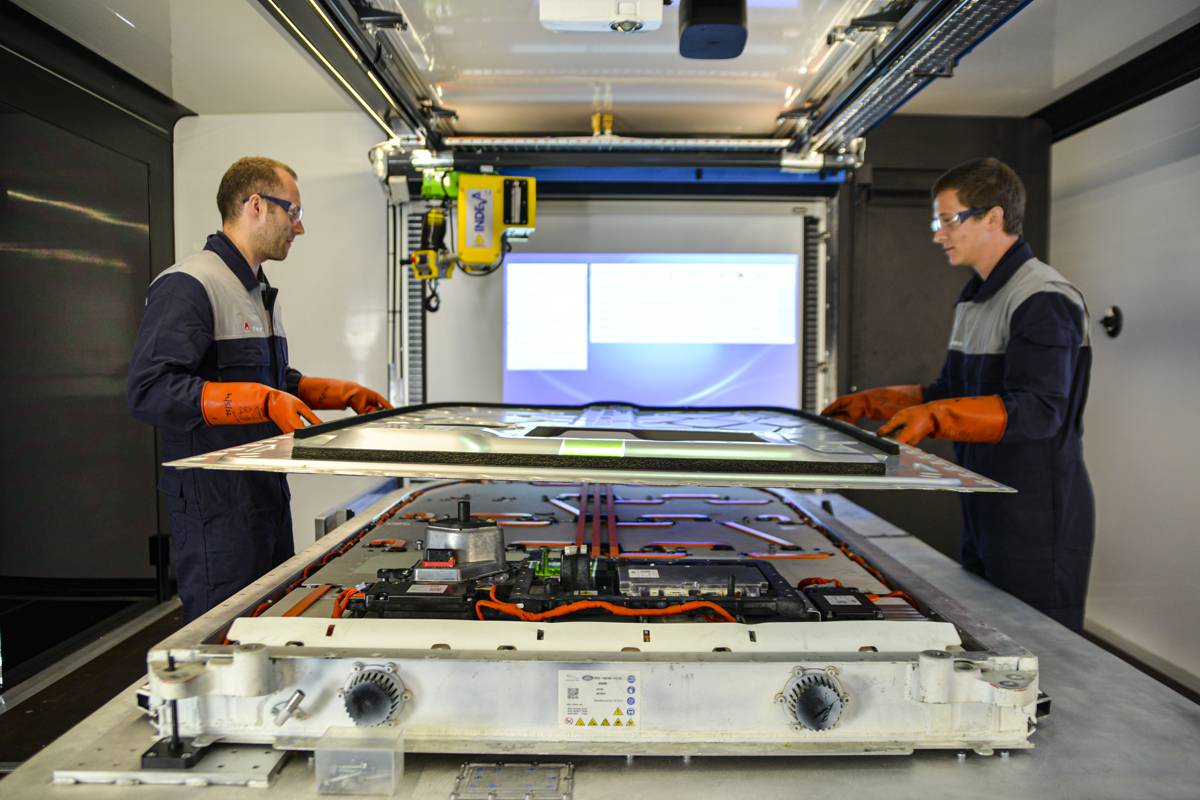Energising the nuclear workforce of the future
Today, Balfour Beatty launches the latest of its Public Policy papers, Building Nuclear Skills : A workforce for the future, focusing on the challenges in building the civil nuclear skills base and presenting solutions for both Government and Contractor alike.
The UK Government has committed to the biggest new nuclear programme outside of China over the coming decade. Projections state that, by 2035, 38% of the country’s energy will come from nuclear power. With around 500 nuclear reactors in planning around the world, this could place Britain at the forefront of a nuclear revolution, thereby positioning the country as a world-leader in the field.
The Government’s new nuclear programme will help meet the projected rise in electricity usage in the UK, set to increase by around a quarter over the next decade as we electrify the country’s networks and transportation links. This integral approach to nuclear energy generation is key to keeping the country connected.
Yet, with a startling skills shortage in the industry, the reality of delivering such a transformational energy programme isn’t currently secure.
Across the UK, a myriad of Nuclear projects are in development: Hinkley Point C in Somerset, Wylfa Newydd in North Wales, and Moorside in Cumbria are set to create a combined 50,000 jobs in the construction phases alone, with a further 3,000 permanent roles once the plants are operational. This is in addition to the 65,000 people currently employed across the UK’s civil nuclear sector.
As the industry stands, the skills shortage makes filling these job vacancies extremely challenging.
In order to successfully bridge this gap, a decades-worth of training is required to bring employees up to the specialist level of skill required; and while a significant investment in nuclear skills took place back in the 1990s, nothing since has been implemented to develop the talent required to fill the cyclical nature of nuclear investment. As such, the ageing workforce will reduce by 20% over the next decade as natural retirement age is reached, leaving behind a workforce gap which can only be addressed through on-going investment in training the next generation of engineers.
While the Government acknowledges the issue, through the publication of its Nuclear Skills Strategic Plan and setting up a National College for Nuclear, industry has an important part to play.
In its paper “Building Nuclear Skills: A workforce for the future”, Balfour Beatty sets out five key challenges and solutions to building the civil nuclear skills base, available to read here.
Stephen Tarr, Managing Director Balfour Beatty Major Projects business, said: “The UK is embarking on a nuclear renaissance that will place significant delivery demands on the country’s supply chains. Whilst Government has to provide the policy framework and the confidence the industry needs to invest, the industry in all its guises has a key role to play in training and attracting new talent into the sector. Only by doing this, can we ensure that we have the appropriately skilled staff in place to build new nuclear facilities that will help position the UK as the world-leading expert in the provision of nuclear energy.”















